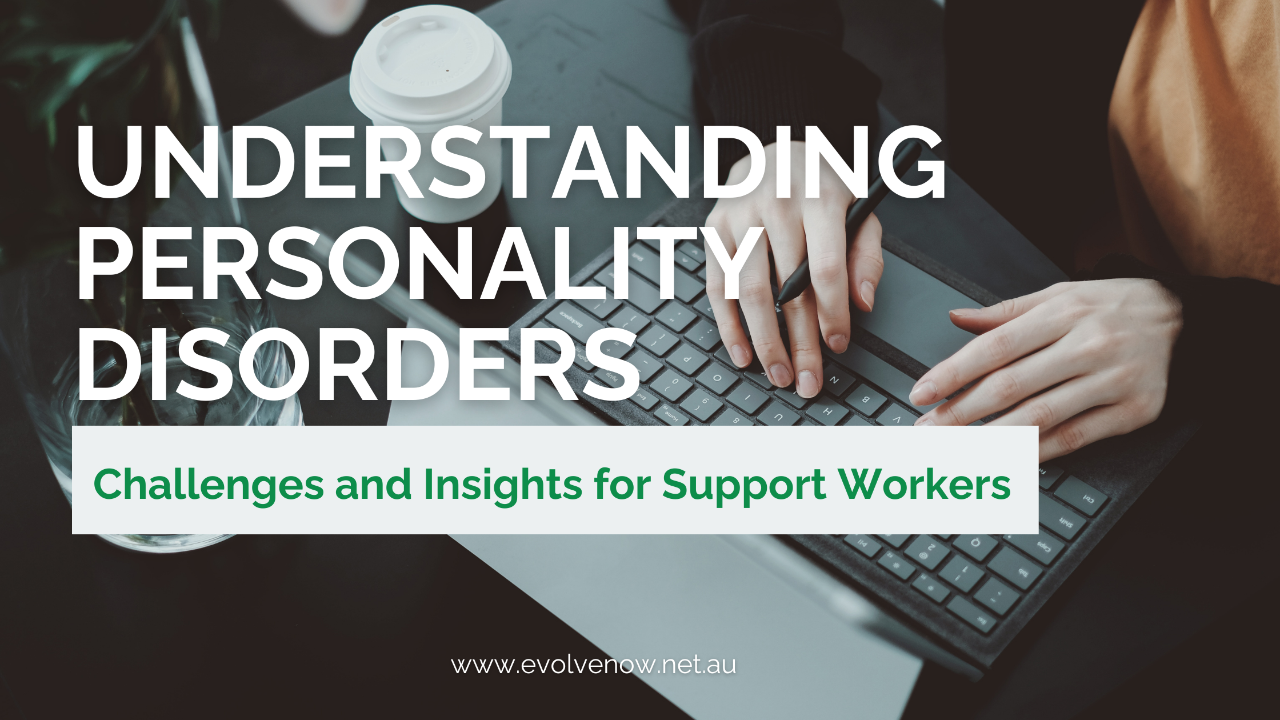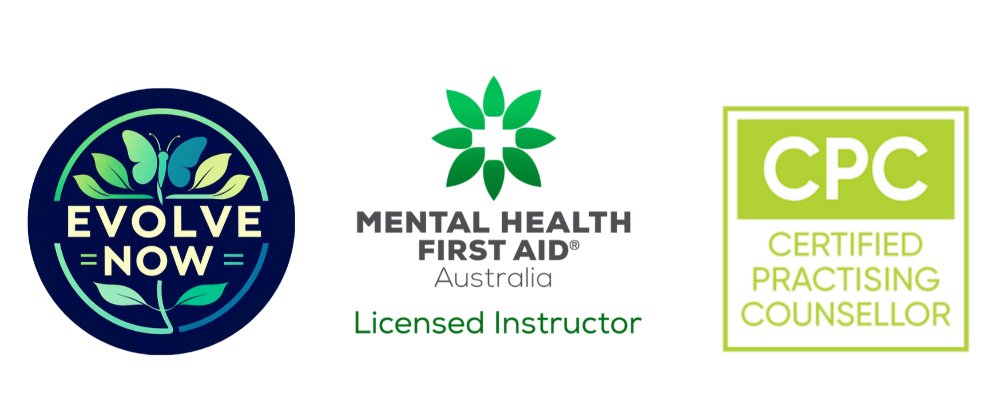
Understanding Personality Disorders: Challenges and Insights for Support Workers
Sep 02, 2025Working in the mental health field offers both deep rewards and significant challenges—especially when supporting individuals living with personality disorders. Support workers are often on the front line, helping participants build more independent and meaningful lives. Yet, when it comes to personality disorders, the journey can feel complex, unpredictable, and emotionally demanding.
What Are Personality Disorders?
Personality disorders are a group of mental health conditions marked by enduring patterns of thoughts, emotions, and behaviours that differ significantly from cultural expectations. These patterns are often inflexible, long-lasting, and can cause distress or difficulties in daily functioning.
Some of the most commonly recognised personality disorders include:
-
Borderline Personality Disorder (BPD)
-
Narcissistic Personality Disorder
-
Antisocial Personality Disorder
-
Avoidant Personality Disorder
-
Obsessive-Compulsive Personality Disorder
-
Schizotypal Personality Disorder
Although each presents differently, many share overlapping challenges—such as difficulties with relationships, emotional regulation, trust, and personal boundaries.
Why Are Personality Disorders So Challenging for Support Workers?
1. Emotional Intensity and Relationship Strain
Clients may swing between extremes—idealising a worker one moment and devaluing them the next. This “splitting” behaviour can leave staff feeling drained, confused, or even attacked.
2. Boundary Testing
Maintaining professional boundaries is crucial yet difficult. Some clients may seek closeness or test limits as a reflection of fear, mistrust, or past trauma. Striking the right balance—compassion without over-involvement—is key.
3. Impulsivity and Risk-Taking
Behaviours such as self-harm, substance use, or unsafe choices can overwhelm staff who feel underprepared to respond. Without the right training, this pressure may lead to burnout.
4. Inconsistency in Engagement
Frequent cancellations, shifting goals, or disengagement can make progress slow and frustrating, even for the most dedicated workers.
What Support Workers Need
1. Specialised Training and Supervision
Trauma-informed training, de-escalation strategies, and education around attachment issues are essential. Supervision provides space for reflection and helps staff avoid burnout.
2. Clear Boundaries and Team Support
Consistent team structures, communication, and well-defined policies help reduce stress on individual workers and protect professional boundaries.
3. Self-Care and Resilience
Support work in this space is emotionally taxing. Regular breaks, counselling, reflective practice, and peer support are not optional—they’re vital for long-term sustainability.
A Message of Hope
People living with personality disorders are not “difficult” on purpose. Their behaviours often stem from deep pain, trauma, or unmet needs. With patience, skill, and consistency, support workers can make a profound difference—not by fixing everything, but by offering stability, empathy, and hope.
Final Thoughts
Supporting individuals with personality disorders is undeniably challenging—but it’s also deeply meaningful. With the right tools, knowledge, and support, workers can navigate the emotional demands of this role and contribute to real, lasting change in people’s lives.
At Evolve Now, we provide accredited Mental Health First Aid (MHFA) training designed for disability and NDIS support workers. Our courses equip your team with practical skills, emotional resilience, and the confidence to support participants with complex needs—including those living with personality disorders.
👉 View upcoming MHFA training dates here: https://www.evolvenow.net.au/mhfa-blended-online-course or DM us “MHFA” to discuss group training options for your workplace.
Ready to equip your team with MHFA training?
Stay in the Loop!
Be the first to get tips, tools, and training updates to build a mentally healthy workforce.
Don't worry, your information will not be shared.
We hate SPAM. We will never sell your information, for any reason.

